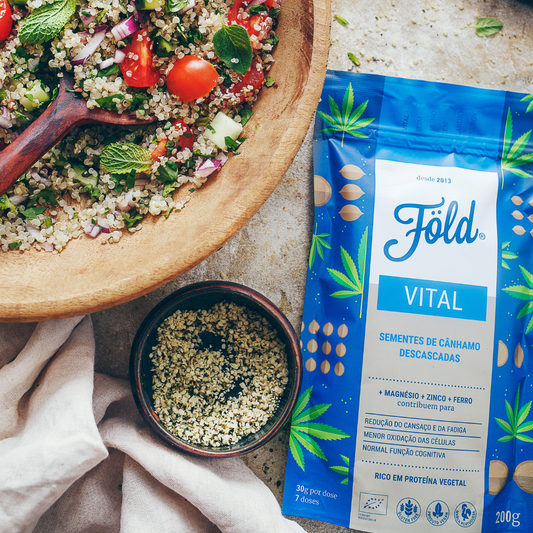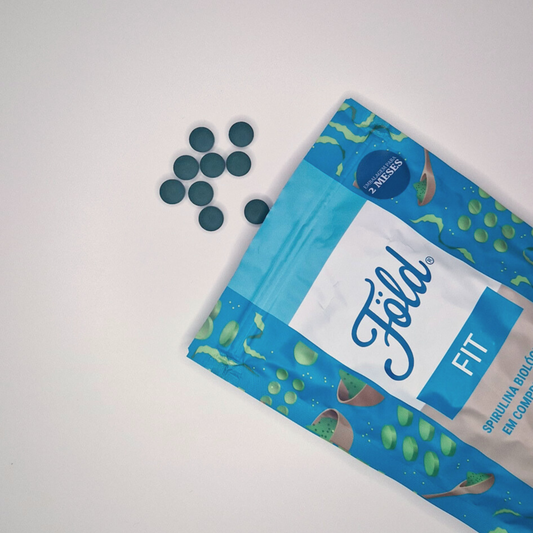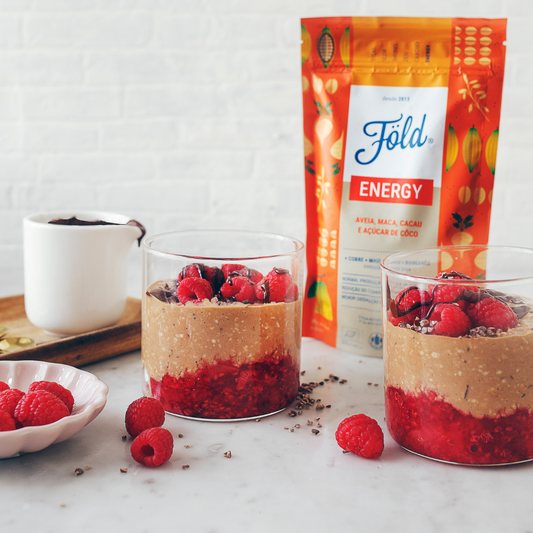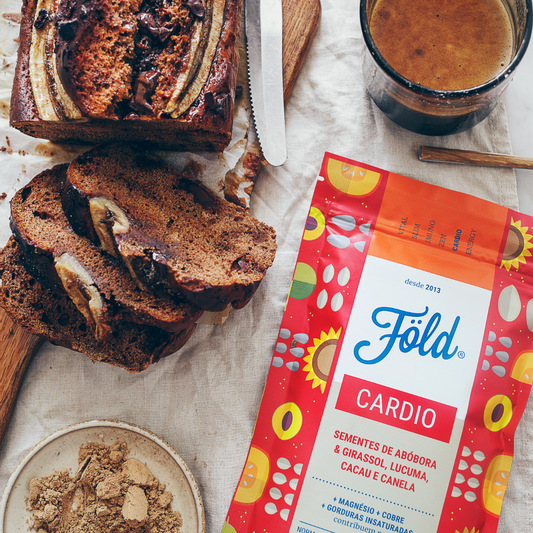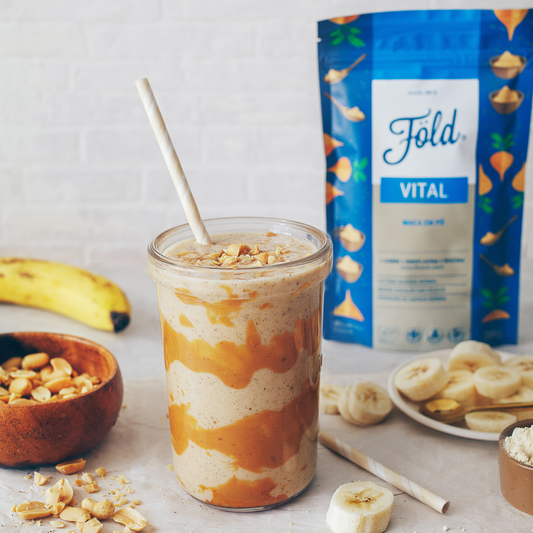In recent years, scientists have realized that certain nutrients can have a much more powerful effect on our body when consumed together. Synergies between nutrients are positive interactions that occur when the presence of one nutrient favors the absorption or use of another nutrient.
These synergies can occur between vitamins or even in the combination of vitamins with minerals or phytonutrients. They can have important results in improving our cardiovascular, bone or even nervous system health. Below, some examples of great combinations.
Vitamin C and Iron
While iron of animal origin (heme iron) is relatively easily absorbed by our body, that which is present in vegetables such as spinach is not. Non-heme iron is what is found in plant foods and is the most abundant form of iron in the diet. Vitamin C has two important actions on iron absorption:
- It forms a complex with non-heme iron, which makes iron more soluble and more easily absorbed by the body.
- Activates ferroportin. Ferroportin is a protein that transports iron across the cell membrane. Vitamin C activates ferroportin, increasing its ability to transport iron.
The effect of vitamin C on iron absorption is more pronounced for non-heme iron. In human studies, vitamin C intake has been associated with up to a 40% increase in the absorption of non-heme iron.
Vitamin C is an essential nutrient for human health. In addition to promoting iron absorption, vitamin C is also important for immune function, wound healing and collagen production.
Iron is necessary for the production of hemoglobin, which helps oxygen reach all parts of our body. On the other hand, it is important for the proper functioning of our nervous system, for us to have energy and for good memory and concentration.
Magnesium and vitamin B6
Magnesium is an important mineral, which is not produced by our body. It has a very important function in terms of the nervous system, in muscle contraction, promotes emotional well-being, reduces fatigue and promotes good functioning of the immune system. Vitamin B6, which is also not produced in our body, helps in the production of red blood cells, promotes the reduction of fatigue and the proper functioning of the nervous system.
Vitamin B6 facilitates this process by converting magnesium into an active form that can be easily absorbed by the intestine. Furthermore, vitamin B6 is involved in the regulation of several ion transporters in the intestine, contributing to the efficient absorption of minerals such as magnesium. Furthermore, some studies have shown that the Magnesium/Vitamin B6 synergy can alleviate the symptoms of PMS (Premenstrual Syndrome)
Vitamin D and Calcium
This duo is already a classic! Vitamin D plays a fundamental role in the absorption of calcium in the body. It is necessary for the efficient absorption of calcium in the small intestine. When vitamin D is present at adequate levels, it stimulates the synthesis of proteins that help transport calcium through intestinal cells and absorb it into the bloodstream.
Calcium is essential for the health of bones and teeth, as well as playing important roles in several cellular functions. If vitamin D intake is inadequate, calcium absorption may be compromised, even if calcium intake is sufficient. Therefore, it is important to ensure an adequate intake of vitamin D, whether through sun exposure, fortified foods or supplements, to promote adequate absorption of calcium in the body.
Vitamin E and Selenium
These two elements together have important antioxidant power. Vitamin E is a fat-soluble antioxidant that protects cell membranes against damage caused by free radicals. Selenium, in turn, is an essential mineral that plays a critical role in the body's antioxidant function, especially when incorporated into antioxidant enzymes, such as glutathione peroxidase. Some studies show that the combination of vitamin E and selenium can have synergistic effects, increasing the effectiveness of antioxidant protection compared to each nutrient alone.
It is important to note that these combinations are studied based on our diet and not through taking dietary supplements.
References: https://ods.od.nih.gov/factsheets/Iron-Consumer/



